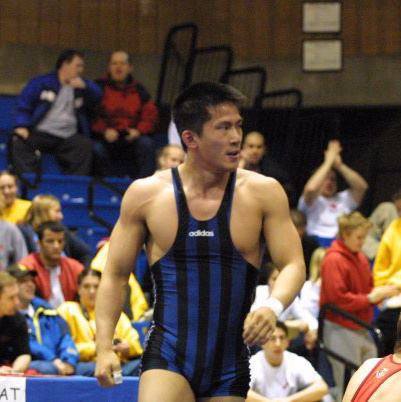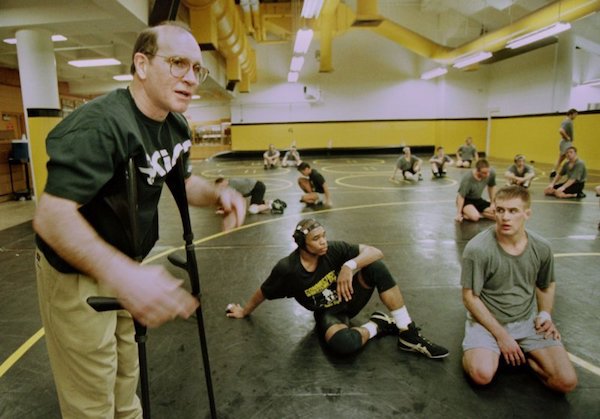Tuesday June 12th 2018
As I wake up to a dull ache in my back from last night’s workout, I’m sudenly reminded that I’m not a young man anymore. Chronologically, I’m young but athletically I’m a dinosaur. Though physical activity has been proven to have benefits as one gets older, the wear and tear on my body has accumulated for many years of wrestling and while I can still do most of the workouts, it’s the recovery that takes time. Simply put, wrestling has aged me.
Transitioning from an athlete to coach is always difficult as the competitive drive is still there and the belief that you can keep up with the younger generation is always strong. When you compete in high performance sport, you push yourself to your mental and physical limits. I like to use the analogy that your body is like an F1 car. Fast, responsive and at the peak of its physical condition, it’s a machine at its optimal performance and there isn’t much that it can’t do. You push that “car” metaphorically speaking as hard as you can for as long as you can and when it’s done, it’s done. There’s no turning back the clock as they don’t make “replacement parts” for your car and it will never run as good as it did in the past. The next question is where to go from there.

Sadly, this “F1 Car” will never be seen again!
Some athletes will take up another sport that isn’t as physically demanding to fulfill that competitive drive while others may switch to a different league in the same sport that is less competitive in order to continue on. And some will give up sports altogether. Finally some athletes will choose to give back to their sport and transition to coaching and this is where you can encounter some problems.
In all my years of coaching wrestling, I’ve had the priviledge to talk to other coaches in high level sports about a variety of subjects. Invariably with other wrestling coaches, I’m always asked the same question; “How often do I get back on the mat to scrimmage?” It’s funny because if you were to ask that question to a hockey coach, their response would most likely be that while they are the ice, they never scrimmage and rarely particiapte in the drills. A swimming coach might do a workout in the pool, but they will almost never be in the pool at the same time as their athletes. Finally, football coaches will almost always be on the sidelines since it would seem like suicide to try and participate in any form of scrimmaging given the damaging effects that football has on the body. It seems that wrestling is one of the very few sports in which coaches will scrimmage with their athletes for as long as they can, even if it’s a detriment to their bodies.
Dan Gable when he was coaching the University of Iowa was legendary for getting on the mats with his athletes. The story goes that he would never leave the mat until he had beaten all his athletes at least once in a scrimmage. This meant that he went from the lightest wrestler all the way to the heavyweight. Such was his resolve that it didn’t matter how long it would take, he would wrestle until he won. Gable continued to do this, despite the toll it took on his body. Gable has had his hips replaced earlier in his life than he should have and has walked in crutches for a long time because of this. Clearly, his transition from athlete to coach was more difficult.

Dan Gable needed to have his hips replaced early (Photo Property of Attack Style Wrestling)
So what does that mean going forward? I think the hardest part as I mentioned before is getting that competitive drive to go down. I recently played soccer with our athletes at the training camp that we had in Sardenia and found that some of my more competitive aspects were still there as I really hate to lose. To compund things further, my reflexes aren’t what they used to be making it really hard to react in time. Last but not least, the body is heavier and slower making it very hard to keep up with those younger athletes no matter how hard I pushed myself. Simply put, the mind was willing but my body gave me two middle fingers metaphorically speaking for my troubles. Clearly though it’s been many years since I competed, I have some transitioning left to do and something tells me that like Gable, the drive may never completely fade away.

